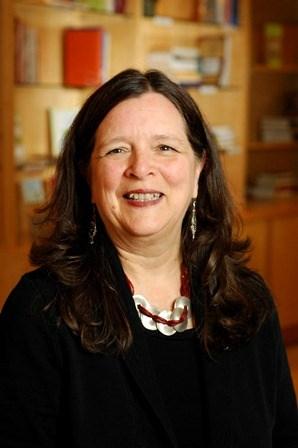NPI REFLECTS SUMMER 2020
Volume 10: Issue 2
A Moment of Reckoning? By Linda G. Manning, PhD
this issue
The last few months have been brutal. All of us are exhausted by the ravages of COVID 19 and the upending of our lives in response to the Pandemic. In the midst of this Pandemic, which disproportionally affects our Black community members, the nation witnessed the horrific murder of George Floyd by police officers in Minneapolis. This murder was certainly not the first, and tragically not the last, such act of violence. It has, however, awakened the voices of protest all across this country. In big cities and small towns a diverse group of people, especially young people, are marching to affirm that Black lives matter. Ten thousand marched peacefully in Nashville after the call of four teenage women. They are calling for an end to police violence against Black Americans, and for an end to Systemic Racism in our country and the world. This “moment of reckoning” brings with it an intense combination of feelings. Many of us have experienced and expressed sadness, devastation, outrage, fury, fear, despair and perhaps a glimmer of hope. Many of us are confused about how to respond. We want to “do the right thing,” and we may have no idea what that means. We also know that silence is complicity. Certainly we can continue to raise our voices, and that is critically important. It is the first step, but not the last. This moment of reckoning also calls for change. For us as therapists, certain actions are required by our various codes of ethics. As a psychologist, for example, I am required to abide by the standard on Human Relations 3.01 Unfair Discrimination. “In their work-related activities, psychologists do not engage in unfair discrimination based on age, gender, gender identity, race, ethnicity, culture, national origin, religion, sexual orientation, disability, socioeconomic status, or any basis proscribed by law.” This is the minimum standard. The aspirational principle is broader. The more recent “Race and Ethnicity Guidelines” from the American Psychological (Continued on page 3) 1
What is NPI? The Nashville Psychotherapy Institute or NPI is a 501(c)(6) non profit, professional organization. Founded in 1985, NPI now boasts 300+ members. www.NashvillePsychotherapyInstitute.org
Inside this issue: Moment of Reckoning Linda Manning
1
Jules Seeman Fall Workshop Featuring Kristin Neff
2
MHART Update Cathryn Yarbrough
4
Break the Skin Barbara Sanders
5
On Relaxation D. Kirk Barton
6
Board Member Spotlight Linda Manning
7
Rebuilding a Life After Loss... Philip Chanin
8
Black Madonna Barbara Sanders
10
NPI Board of Directors
12







